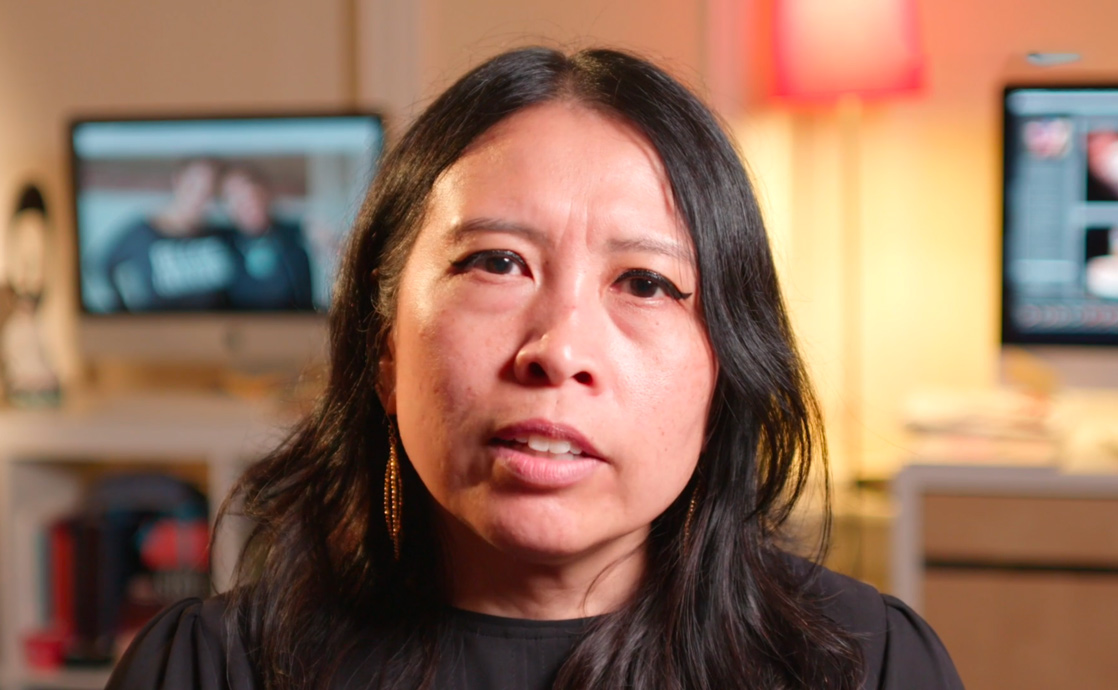In a world where the fabric of society often experiences wear and tear through the pernicious influence of domestic violence, the teachings of the Baha’i Faith serve as a radiant lighthouse, guiding individuals and communities toward justice, love, and healing. This article delves into the profound principles espoused by Baha’i teachings in confronting domestic violence. Through these teachings, individuals are encouraged to recognize their inherent worth and adopt a transformative approach to relationships.
The Foundational Value of Unity
The Baha’i Faith posits unity as a paramount principle, emphasizing the interconnectedness of humanity. This tenet can be likened to a delicate tapestry where each thread represents an individual, uniquely contributing to the whole. When one thread frays due to acts of domestic violence, the integrity of the entire fabric is compromised. Thus, fostering an environment of unity can be instrumental in preventing and addressing domestic violence. Individuals are called to cultivate an atmosphere of mutual respect and understanding, where conflicts do not devolve into violence but are approached with empathy and dialogue.
Upholding Dignity and Equality
At the core of Baha’i teachings lies the unequivocal assertion of the dignity and equality of all individuals. This affirmation serves as a powerful antidote to the toxic dynamics often observed in abusive relationships. It is essential to acknowledge that the roots of domestic violence frequently stem from power imbalances and a disregard for the sanctity of the individual’s autonomy. By internalizing the belief in the inherent worth of all individuals, communities can actively dismantle the societal structures that perpetuate violence. Education and awareness campaigns can be pivotal in redefining gender roles and expectations, promoting equality as a fundamental human right.
The Role of Education
Baha’i teachings emphasize that education is a cornerstone for both individual and societal transformation. Knowledge is a potent flame that can illuminate the darkest corners of ignorance and prejudice. In the context of domestic violence, education can serve to inform individuals of their rights and responsibilities, as well as the available resources for assistance and healing. Programs that teach conflict resolution skills and emotional intelligence can empower both victims and perpetrators to engage in healthier relational dynamics. When individuals are equipped with the tools to communicate effectively, they are less likely to resort to violence as a means of expression.
Compassion and Forgiveness
The path toward healing in the aftermath of domestic violence often requires an arduous journey imbued with compassion and, at times, forgiveness. Baha’i teachings advocate for the cultivation of these virtues as essential components of personal development and community resilience. Compassion can act as a salve for the wounds inflicted by violence, fostering an environment where victims feel supported and understood. Moreover, forgiveness does not imply acquiescence to violence but rather symbolizes the liberation of oneself from the shackles of anger and resentment. This release allows individuals to move forward, enabling the restoration of dignity and the opportunity for renewal in relationships.
Community Involvement and Support Systems
In combating domestic violence, the role of the community cannot be overstated. Baha’i teachings underscore the significance of collective action, where communities unite to create support systems for individuals affected by violence. Building a robust network of resources, including shelters, counseling services, and community outreach programs, can offer refuge to those in need. This collaborative approach echoes the Baha’i principle of service to humanity, where individuals are encouraged to contribute to the well-being of others, creating a safer and more harmonious society.
The Power of Faith in Healing
Faith plays a transformative role in the healing journey from domestic violence. The Baha’i Faith teaches that spiritual well-being is integral to overall health. Engaging in spiritual practices, such as prayer and meditation, can foster resilience and provide individuals with the strength needed to overcome adversity. These spiritual tools can guide individuals through periods of turmoil, infusing them with hope and purpose. Furthermore, faith communities often serve as vital sources of support, offering love and encouragement while reinforcing the belief in a brighter future.
A Call to Action
Taking a stand against domestic violence is not solely the responsibility of individuals directly affected but extends to the broader community. Baha’i teachings implore individuals to actively participate in advocating for justice and equality. This call to action may manifest in various forms, such as raising awareness, engaging in dialogue, and supporting legislative changes that aim to protect the vulnerable. Collective efforts can dismantle the silence surrounding domestic violence, transforming societal attitudes and catalyzing systemic change.
Conclusion
In conclusion, the Baha’i teachings provide a multifaceted framework for addressing the complexities of domestic violence. Through principles of unity, dignity, education, compassion, and community support, individuals and societies are empowered to challenge the cycles of violence and promote healing. The metaphor of the tapestry serves as a reminder that every strand matters; each individual’s experience contributes to the shared human story. By embodying these teachings, we can illuminate a pathway toward a future free from the shadows of domestic violence, where love, respect, and understanding predominate.
